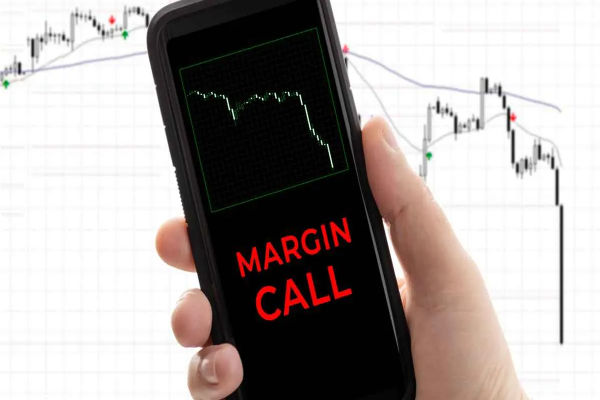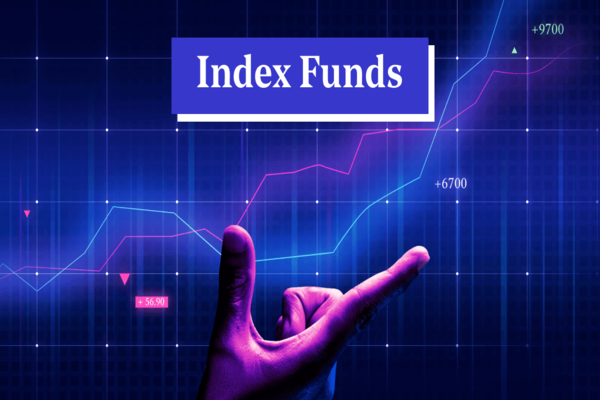What is a stock price difference contract?
2023-07-20
 Summary:
Summary:
Discover stock price difference contracts, derivatives for speculating on stock prices without owning assets. Explore their workings, risks, and rewards.
A stock price difference A contract is a financial derivative based on the
stock price index that does not involve physical delivery and determines profit
or loss based on the price difference between contract establishment and
closing. It allows investors to make profits or bear losses based on the price
changes of the underlying assets (such as stocks, indices, commodities, etc.)
through contract trading with counterparties. Unlike the actual purchase or sale
of the underlying asset, CFD traders only need to pay the price difference of
the underlying asset without actually owning the asset.

Stock price difference contracts allow investors to profit from the ups and
downs of the stock market by trading at a price different from the actual stock
price. Unlike the actual purchase or sale of stocks, a CFD is only a contract
where investors participate in the market by trading with brokers without the
need to actually own stocks.
This type of investment is very similar to stock futures, but there are also
some differences. Compared to actual stock trading, CFDs have higher trading
flexibility. Investors can make long or short trades based on market
expectations, making profits when stock prices rise or fall. In addition, CFDs
can also engage in various trading strategies, such as hedging, arbitrage, or
hedging.
A contract for differences is a financial product derived from stocks and
containing leverage effects. It is an effective way to buy and sell stocks,
indexes, futures, etc. CFD trading also carries some risks. Firstly, due to
leverage effects, investors may face a greater risk of losses, especially when
market trends are unfavorable. Secondly, as a CFD is only a contract, investors
have no right to receive the rights and dividends of the company's
shareholders.
There are certain risks involved in trading stock-price difference contracts.
Due to the leverage effect, investors may face a greater risk of losses and may
even lose more than their initial investment. In addition, CFD trading is also
affected by market volatility, liquidity risk, counterparty risk, and other
factors. Stock price difference contracts provide a flexible and leveraged way
to participate in the stock market. Investors should understand their
characteristics and risks and conduct sufficient market analysis and risk
management before trading. At the same time, seeking professional financial
advice and trading platforms is also an important step for investors looking to
participate in CFD trading.







